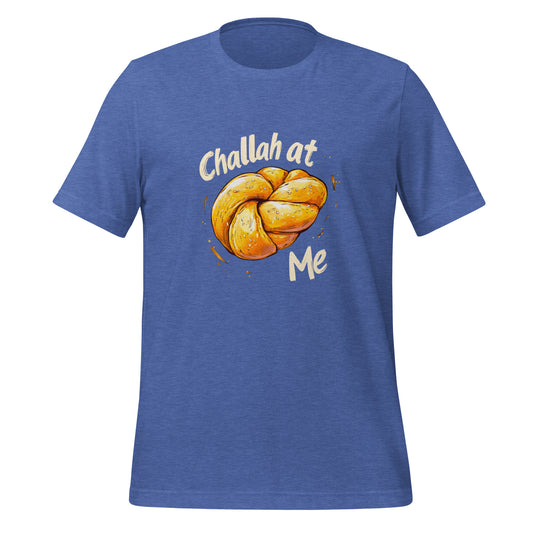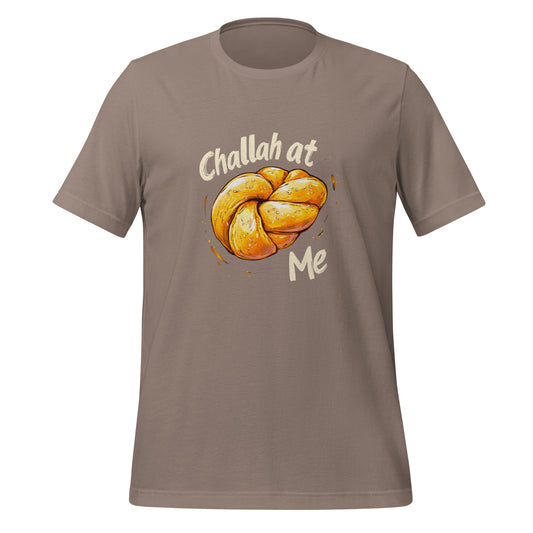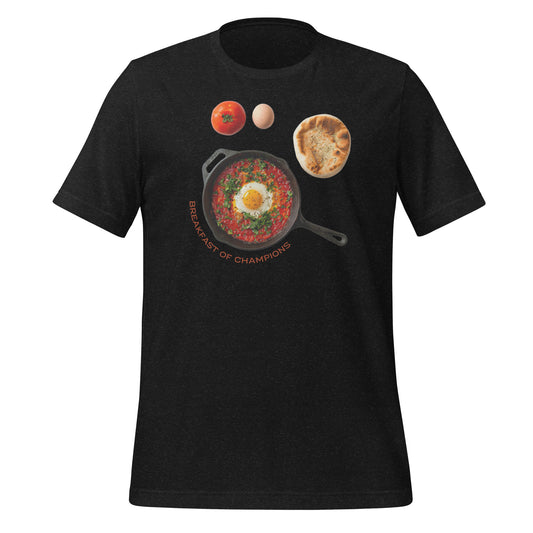
Retro & Modern Hebrew Slang: The Words We Love, The Words We Lost, and The Ones We Need Back
Share
If Eliezer Ben-Yehuda could scroll through Israeli WhatsApp groups today, he’d either beam with pride or short-circuit from sheer linguistic chaos. The man who single-handedly revived Hebrew never could have predicted how we’d go from Biblical poetry to texting “Yallah, lama mi met?” in under a century.
But languages evolve, and while some words become eternal classics (Shalom!), others peak and fade like a one-hit wonder on Israeli radio. Today, we’re paying tribute to the lost, the legendary, and the low-key underrated Hebrew phrases—some ancient, some modern, and all deserving a second look.
למה מי מת? (Lama Mi Met?) – The Ultimate Power Move
This phrase is peak Israeli chutzpah, the linguistic equivalent of raising an eyebrow and saying, “Excuse me?” Direct translation? “Why, who died?” Figurative meaning? “Who says I can’t?” It’s the perfect comeback when someone tries to set unnecessary rules or doubts your ability to do something. Think of it as the original “Who made you king of the world?”—only with sharper edges.
🗓 Peak Usage: 1980s–2000s street slang
⚡ Use it today: “I can’t park here? Lama mi met?!”
✅ Revival Score: 8/10 – Only if used responsibly
👍 Pros: Classic Israeli sass. Punchy. Timeless.
👎 Cons: Overuse could turn you into that guy at the falafel stand. Use it wisely or risk sounding like you peaked in 2003.
נפל האסימון (Nafal Ha’Asimon) – When the Penny Drops
Back in the days of coin-operated public phones, you’d drop in an Asimon (token), and sometimes it took a second before the call connected. Metaphorically, it became the ultimate expression for that glorious moment when someone finally gets it. Today, we swipe, tap, and FaceTime, but the struggle of waiting for someone to catch up is still real.
🗓 Peak Usage: 1960s–1990s, pre-cellphone era
⚡ Use it today: “So you’re telling me you just realized that hummus is better in Israel? Wow, nafal ha’asimon.”
✅ Revival Score: 6/10 – The perfect way to call out slow realizations
👍 Pros: Rich history, perfect for slow-burn realizations.
👎 Cons: Requires explanation to anyone under 30. Bit like quoting dial-up noises to Gen Z.
ארחי פרחי (Archi Parchi) – The Free Spirit’s Catchphrase
Once used to describe wanderers and drifters, Archi Parchi is less about being aimless and more about embracing the free-spirited, no-plans, go-with-the-flow energy. Think of it as Israel’s answer to “wanderlust”—but with more hummus stops along the way.
🗓 Peak Usage: Biblical times, revived in old-school Israeli slang
⚡ Use it today: “Bro, you just quit your job to go backpacking? Eizeh Archi Parchi”
✅ Revival Score: 9/10 – Let’s make this the new vibe check
👍 Pros: Thanks to @jakey_parry, this is now a whole vibe. Quirky, lovable, lightly chaotic.
👎 Cons: Misused, it can feel a little judge-y. But in the right hands? Iconic.
חיים שלי (Chaim Sheli) – The Most Versatile Phrase in Hebrew
If there’s one phrase that does everything, it’s Chaim Sheli. It’s a term of endearment (“Babe, my love”), but it’s also used for frustration (“Oh, Chaim Sheli, what are you even doing?”), compassion (“Ugh, Chaim Sheli, come here, let me hug you”), clarity (“Chaim Sheli, listen carefully”), and sheer exasperation (“Chaim Sheli, enough already!”). It’s the Swiss Army knife of Hebrew expressions, and it’s not going anywhere.
🗓 Peak Usage: Exploded in the 2010s with social media
⚡ Use it today: “Aww, you brought me coffee? Chaim Sheli!” or “Chaim Sheli, if you keep arguing, I’m walking away.”
✅ Revival Score: 12/10 – Has no expiration date
👍 Pros: Warm, flexible, expressive. Can mean love, fury, sarcasm, or just “I see you.”
👎 Cons: Slight risk of becoming the “babe” of Hebrew—cute, but diluted with overuse.
יאללה (Yallah) – The Undisputed Champion of Hebrew Slang
If Archi Parchi is the free spirit’s motto, Yallah is the heartbeat of Israeli life. Borrowed from Arabic, Yallah means “Let’s go,” but it’s so much more. It’s an order, a plea, a celebration, a frustration. It’s universal, and no one is stopping anytime soon.
🗓 Peak Usage: Since forever, still undefeated
⚡ Use it today: “Yallah, let’s go already!” or “Yallah, enough arguing.”
✅ Revival Score: 12/10 – Not even a debate
👍 Pros: You’ll pry it from our cold, shawarma-stained hands. It’s not a phrase—it’s a lifestyle.
👎 Cons: Literally none. Yallah forever.
אוווו-אההה (Oooh-Aaah) – The Israeli Sigh
Not a word. Not a phrase. Not even something you’re taught. Oooh-Aaah is a visceral sound, a full-body exhale with attitude. It’s the sound of:
- That first bite of shakshuka.
- Remembering you left your laundry in the machine.
- Seeing the Mediterranean at sunset.
- Realizing you’ve double-booked again.
It’s dramatic. It’s emotional. It says everything and nothing at once. It’s the ultimate Israeli sigh—part groan, part moan, part poetic release of energy. If you know, you know.
🗓 Peak Usage: Eternal, omnipresent
✅ Revival Score: 7/10 – This one never left, but let’s all use it more
⚡ Use it today: Anytime words fail you and emotion takes over
👍 Pros: Emotionally fluent, dramatically efficient. Better than therapy.
👎 Cons: No one outside of Israel knows what just happened. Sounds like either bliss or a panic attack. And honestly? Sometimes it’s both.

פעם שלישית גלידה (Pa’am Shlishit Glida) – The Ultimate Consolation Prize
Literally meaning “Third time, ice cream,” this phrase is one of Israel’s most charming social cues. Run into the same person twice in one week? The third time, it’s fate. And clearly, fate wants dessert. Pa’am Shlishit, Glida is the unofficial way Israelis say, “Okay, we keep crossing paths—let’s make a plan already.”
But it’s also used to add a little sugar to life’s rough edges. If something happens twice—missing the bus, spilling your coffee, or yes, being jolted awake at 4AM by rockets from Gaza — the third time calls for a coping mechanism. Preferably one served in a cone.
It’s warm, playful, and very Israeli: turning frustration into humor, and humor into plans for dessert.
🗓 Peak Usage: 1960s–1990s playgrounds, now low-key social magic
✅ Revival Score: 7/10 – Situational but sweet
⚡ Use it today: “Hi, again! Pa’am shlishit, glida."
👍 Pros: Wholesome, funny, and deeply relatable. Turns randomness into human connection.
👎 Cons: Doesn’t always land without context. Also, tragically, ice cream is rarely delivered.
Final Thoughts: Hebrew Slang Never Dies—It Just Takes a Nap
Some phrases are eternal (Yallah), some need a glow-up (Lama Mi Met), and some are ripe for revival (Pa’am Shlishit Glida). Whether you’re an Archi Parchi drifting through life or just someone who appreciates the beauty of Hebrew slang, let’s keep these gems alive.
💬 Know a Hebrew language lover? Share this post and spread the nostalgia!













